
It was late on the night of March 20 of this year, Palm Sunday. Father Vincent Machozi, an Assumptionist priest in the eastern Democratic Republic of the Congo, was working on his laptop in a community center near the city of Butembo, where he taught in the seminary. Suddenly, a group of heavily armed men dressed in the uniform of the national army burst in and opened fire at point blank range, killing him instantly.
Father Machozi, a fearless peace activist, had received many death threats prior to that night for exposing the atrocities committed by government forces and foreign militias in the mineral-rich North Kivu region of the D.R. Congo. He was mourned by thousands in the Butembo-Beni Diocese, where he had created an ecumenical movement to address issues of faith and politics.
Attending a memorial service at Boston University’s School of Theology, where he had studied ten years ago, I learned that Fr. Machozi had created a website, www.benilubero.com, which continues to publicize what is happening in the eastern Congo in the wake of his death. Shortly before he was killed, he had published an article implicating the presidents of the Congo and Rwanda for massacres in his region, acts committed in the ongoing conflict over coltan, a mineral used in cell phones and other electronic devices.
___________________________________________
The Congo’s natural resources, including its vast mineral deposits, could make its people among the richest in the world. But the opposite has happened.
___________________________________________
According to the D.R. Congo’s constitution, the country is due to have presidential elections this November, as President Joseph Kabila nears the end of his second elected five-year term in office. But Mr. Kabila, who actually came to power after the assassination of his father in 2001, is reluctant to leave office. As Kabila and his supporters have continued to stall the preparations, elections seem less and less likely to take place. Over the past 18 months, according to Human Rights Watch, “government officials and security forces have arrested dozens of opposition leaders and activists, fired on peaceful protesters, banned demonstrations organized by the opposition, shut down media outlets close to the opposition, intimidated and threatened those who have considered joining the opposition, and prevented opposition leaders from moving freely around the country.”
 In early May the Congo’s Constitutional Court ruled that Kabila could remain in power if elections could not be held this year. Following that decision, massive protests have taken place around the country, protests that have resulted in many injuries and arrests and at least two deaths in Goma, according to United Nations sources. Government forces are also making concerted efforts to silence and neutralize a popular opposition candidate, Moise Katumbi.
In early May the Congo’s Constitutional Court ruled that Kabila could remain in power if elections could not be held this year. Following that decision, massive protests have taken place around the country, protests that have resulted in many injuries and arrests and at least two deaths in Goma, according to United Nations sources. Government forces are also making concerted efforts to silence and neutralize a popular opposition candidate, Moise Katumbi.
The most recent violence comes on top of more than two decades of conflict that has resulted in more than 5 million deaths (many from disease and starvation), especially in the eastern Congo. The people in this area have experienced immeasurable suffering at the hands of militias and the Congolese army itself as they vie for control of the mineral wealth. Thousands of women especially have been affected, as rape has been increasingly used as a weapon of war.
A Delegation to Listen and Learn
In the midst of such a situation of conflict, the Presbyterian Church (U.S.A.) seeks to gain a better understanding of what is taking place in the eastern Congo and how our partners there are responding to the ongoing violence. Earlier this year, a PC(USA) delegation of five men and six women, myself among them, visited the city of Goma and other towns in the North and South Kivu regions for ten days. We were guests of the Church of Christ in the Congo (Eglise du Christ au Congo, or ECC), an ecumenical body made up of 65 Protestant churches.

Guided by our global partners, we met people who are working directly with the survivors of sexual violence, helping them to recover and reintegrate into the families and communities that have often shunned them. We heard the heartbreaking stories of survivors – stories of rape, mutilation, unwanted pregnancies, physical suffering, and rejection. We met children and teenagers who had been raped and others who had lost one or both parents in the ongoing conflicts.
We listened both to women who had been sexually assaulted by militia members and soldiers and to others who had been accosted by civilians, a practice that is becoming frighteningly more common with the apparent normalization of sexual violence in this part of the country. We learned that rape had been very rare in Congolese culture until the conflicts that began in the aftermath of the Rwandan Genocide in the early 1990s when it became a violent means of destroying whole communities.
___________________________________________
Our delegation was awestruck to learn that the people we met doing this faithful ministry knowingly risked their own lives on a regular basis, going into areas where violent incidents had occurred to bring the victims to places where they could get help.
___________________________________________
The stories we heard brought tears to our eyes. At the same time, we were deeply inspired by the courageous women in the Baptist, Pentecostal, Methodist, and Anglican churches who are doing amazing work with the survivors of sexual violence. Women like Kavira Nganza, Jeanne Banyere, Marie Kabazaire, Neema Androsi, and Mama Olela, to name only a few, have organized “listening houses” in areas that have been wracked by violence – places like Beni, Butembo, and Lubero, where Fr. Machozi was murdered a few weeks later. Traumatized women can come to these listening houses and talk with trained counselors. In a country where there are few professional mental health workers, the women of the ECC are training people in their own communities to do trauma healing, and it is having a significant impact.

Many survivors told us about the support they had received when they had no hope, support that enabled them to recover emotionally and get back on their feet. They also told us of the job skills training they had received in the church-based centers that helped them to engage in income-generating activities. This allowed them to return to their families and communities not only with a measure of emotional healing, but also to re-enter as productive members of the community. We heard stories of traumatized children who had made remarkable progress toward recovery in the loving care of trained counsellors. Our hosts noted, however, that much more needs to be done to meet the needs of these children, as their process of healing is different from that of adults.
Our delegation was awestruck to learn that the people we met doing this faithful ministry knowingly risked their own lives on a regular basis, going into areas where violent incidents had occurred to bring the victims to places where they could get help. They have also been known to pursue the perpetrators in an effort to hold them accountable and bring them to justice, a process that is particularly challenging since the perpetrators are often the people who are supposed to be providing ‘security’. In this same line, the women of the ECC join with other faith groups to stage public demonstrations and petition government authorities to prosecute those who are responsible for atrocities against the people.
125 Years of Presbyterians in the Congo
This year, the PC(USA) is celebrating the 125th anniversary of the establishment of the American Presbyterian Congo Mission in the Kasai region of the Congo. During the 1890s and early 1900s, when the Congolese church was in its infancy, the Congolese people were terrorized by external forces driven by the insatiable desire of colonialists for ivory and rubber. Agents of Belgium’s King Leopold enlisted the opportunistic Zappo Zap raiders to systematically destroy whole communities in the Congo. They forced thousands of men, women, and children into a particularly brutal form of slavery.

The early missionaries did what they could to provide sanctuary and to rescue people who had been captured, especially children. But it was the courageous work of pioneer Presbyterian missionary Rev. William Sheppard that ultimately helped bring an end to the atrocities and to Leopold’s control over the region. In 1900, at great personal risk, Sheppard and a small group of men entered a Zappo Zap camp and witnessed evidence of unspeakable brutality: severed hands, slaughtered corpses, evidence of cannibalism, and women held hostage for the sexual appetites of the warriors.
Sheppard’s eyewitness account, later corroborated by fellow missionary Lachlan Vass, eventually received international attention, thanks in large part to the strong advocacy of legal representative Rev. William Morrison. The ensuing international outcry led to further investigations and, eventually, to the outlawing of forced labor in the Congo. Even then it took many years for these changes to be made. The whole area was traumatized.
___________________________________________
Among the approximately 450 Protestant and Catholic missionaries in the Congo in 1900, the Presbyterians were the only ones to launch a public advocacy campaign to end the atrocities they had witnessed, and it made a difference.
___________________________________________
Among the approximately 450 Protestant and Catholic missionaries in the Congo in 1900, the Presbyterians were the only ones to launch a public advocacy campaign to end the atrocities they had witnessed, and it made a difference. Soon afterwards, other Protestant missionaries came on board, and two years later they gathered as the General Conference of Protestant Missions, an early precursor of the ECC, the Church of Christ in the Congo. They agreed to pursue a common policy in their relations with the State, including protests against forced labor and advocacy for the land rights of the Congolese people.
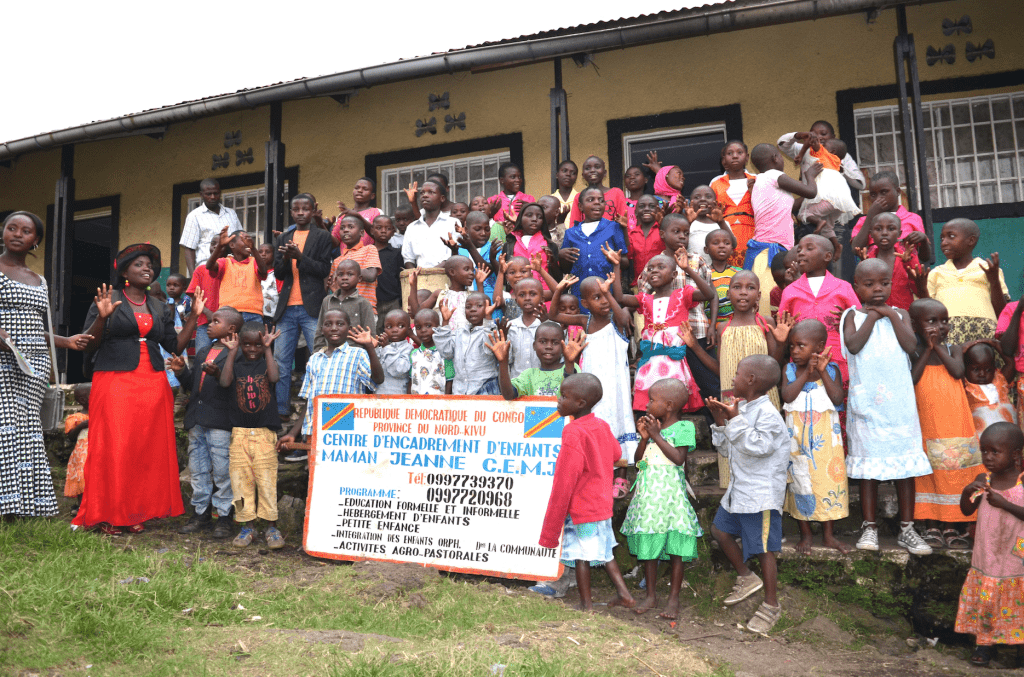
In the past 125 years, arguably, many things have changed for the better in the Congo, but there is much work left to do. The country’s natural resources, including its vast mineral deposits, could make its people among the richest in the world. But the opposite has happened. Today the country is ranked among the world’s poorest in terms of life expectancy, educational achievements, and income.
Our brothers and sisters in the Congo continue to be cursed by their resources, as they were in 1891. These resources are criminally exploited by corrupt power-holders in the Congo and its neighboring states and by external economic and political forces. 125 years into this ministry, it remains vitally important that we as Presbyterians continue to advocate for free, fair, and credible elections in the D. R. Congo and for public policies that respect human rights and dignity.
One simple way to start? Support the Overture Pertaining to the Congo (12-04) at the General Assembly. Our partners will be deeply grateful.
__________________________________________________________________
References:
- Benedetto, Robert, Presbyterian Reformers in Central Africa: A Documentary Account of the American Presbyterian Congo Mission and the Human Rights Struggle in the Congo, 1890-1918. Leiden: Brill, 1996.
- Phipps, William E., William Sheppard: Congo’s African American Livingstone. Louisville, KY: Geneva Press, 2002.
*****
AUTHOR BIO: Anne Crane, a retired teacher, lives in Boston, MA, and is an active member of the Church of the Covenant (PCUSA/UCC, federated). She grew up in the Congo, where her parents and grandparents served with the American Presbyterian Congo Mission. Since 2008 she has been involved in the PC(USA)’s Congo Mission Network and is a member of its Build Congo Schools team. She is the 2016 convener of the CMN’s annual meeting, which will be held in Montreat, NC, on Sept. 7 & 8.

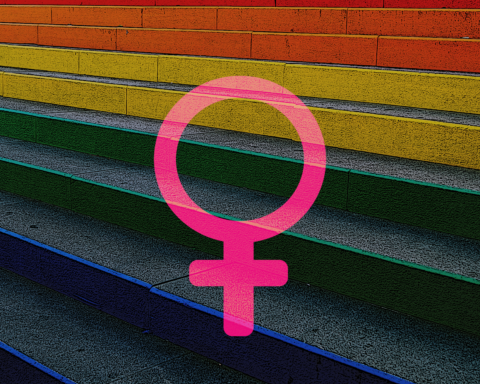

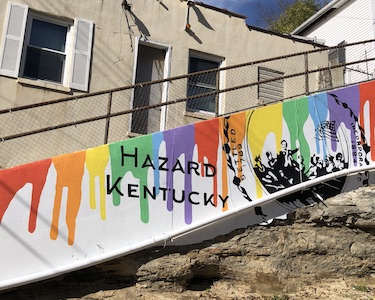
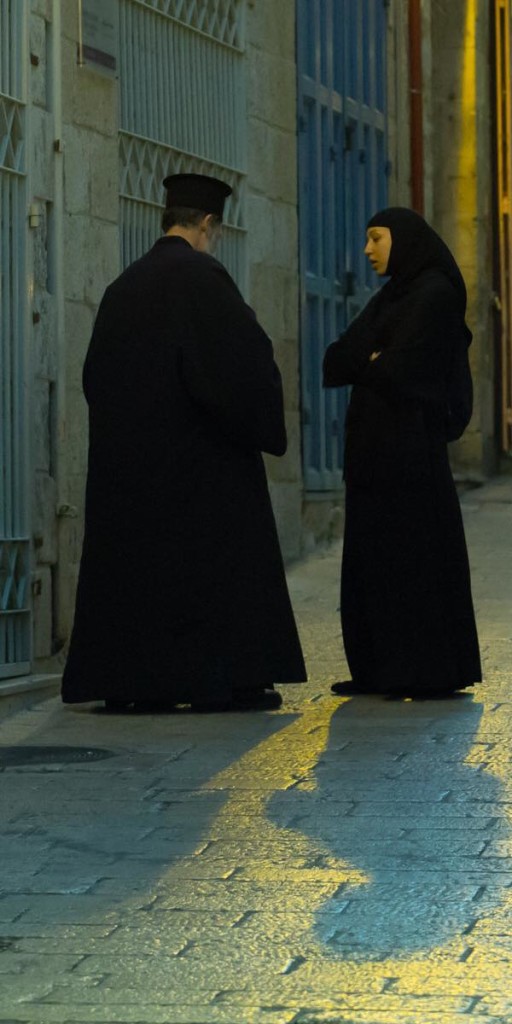
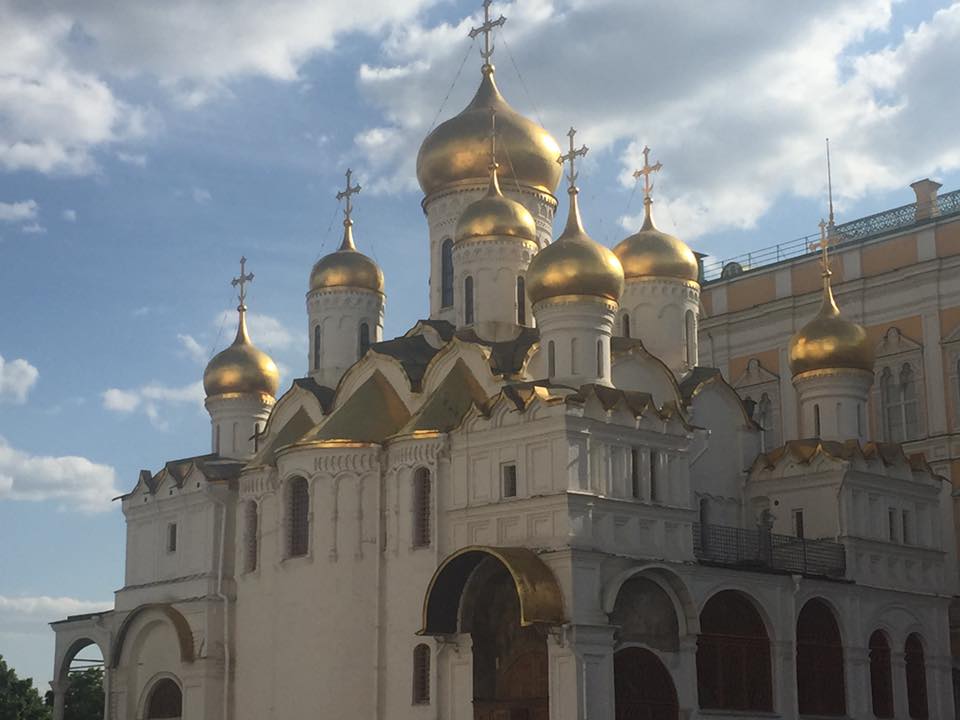
Unbound Social